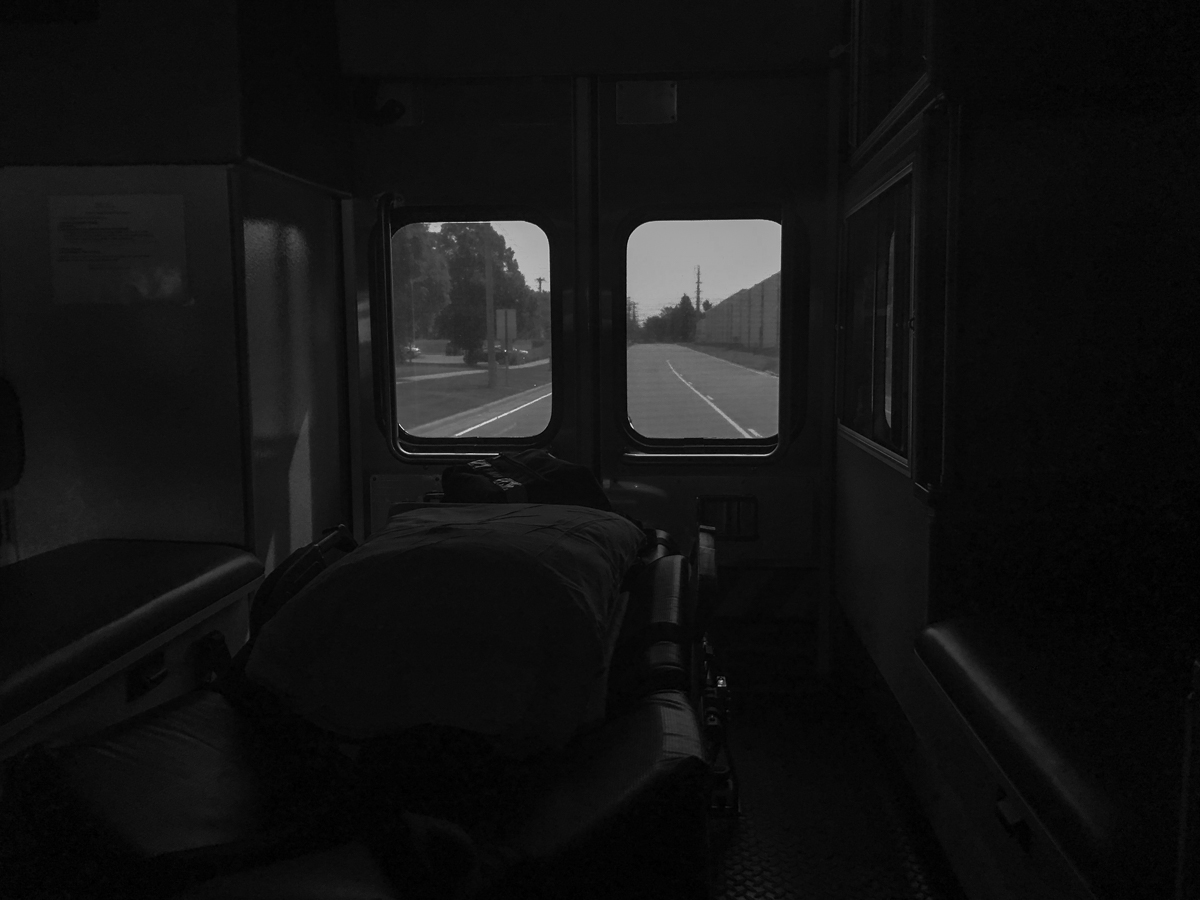EMS professionals frequently use the term “glorified taxi” or similar phraseology to describe the ambulance and our role in healthcare. This is so simplistic it is almost offensive. At a time when the profession is looking to increase our stature in medicine and the community, it is detrimental to diminish the critical service EMS provides.
I can only think of one way my ambulance is like a taxi: Both vehicles transport persons. However, paramedics are not cabbies. In fact, having dialog with patients, some have shed light on this predicament. More than once patients have explained they called a taxi to get to the hospital. When cab drivers learn the rider is the patient, they refuse and have them call an ambulance. We are trained and tested medical practitioners providing medical care. Sometimes the only medical care a paramedic needs to provide are serial vitals signs.
Forget a minority percentage of patients transported do not have a medical necessity. This is not about this subset of utilizers. Rather focusing on this group as emblematic of our patients is detrimental. Self-diminution of paramedicine and ambulance transport negatively affects our profession. Not to say education on better use of EMS services would not be beneficial, but that is for another post.
There is validity to frustration over limitations in transporting patients to an emergency department for low acuity illnesses or injury. Chances are the patient may not even need transport, but could be treated in place by qualified medical practitioners. Perhaps some day paramedics could be that “mid-level” professional.
Is this going to change if we, as a profession, continually cause self-inflicted damage our reputation? Letting everyone know we are only a taxi with a bed, is not positive promotion of the profession. In my opinion, this notion is not even accurate; yet repeating this misconception makes it so. Aside from the public, what trust does this instill with physicians – most of whom are skeptical of our capabilities? Could we be confirming bias that we are over-qualified Stretcher Jockeys?
Let us look at who we wish to emulate. Physicians and PAs in the ED. Sure, care providers at all levels who work in the ED complain about workload. An ever increasing census driven by those who desire the convenience of an ED over urgent care or clinic with same-day appointments. Yet what don’t these practitioners do? Vociferously claim to be a glorified urgent care.
Regardless of what an MD or PA think, they conduct an EMTALA exam. Perhaps an education is provided about proper use of the ED versus other acute care options. What is not done is minimization of the facility or practitioners’ standing based on the choices of patient population.
From the perspective of patients, self-triaging is difficult. (Research shows it is notoriously difficult for paramedics 1.). It is understandable some conditions or level of pain one experiences may seem life threatening. No medical knowledge; fear of what could be; driven by pain all cause people to call 911 and/or present to the ED for non-life threats. Moreover, most people call us or show there for expertise. They desire answers and relief.
Yes, recognize there is a bell curve of ambulance use from abuse to true emergency. Many focus on the abuse end and lament not enough of the true emergency tail. However, the bulk of EMS utilization is somewhere in between. To best serve our profession is to best care for patients. Regular use of evaluation skills strengthens them. Conducting a detailed exam will reveal unrecognized problems for patients, as well as pertinent negatives.
But overall, let’s stop promoting ourselves as glorified taxis who get to drive fast.
